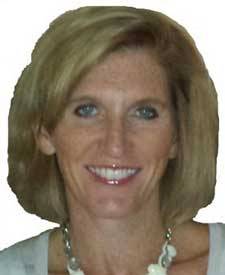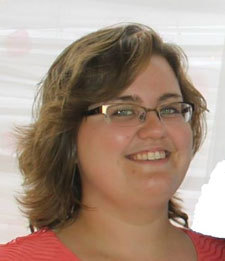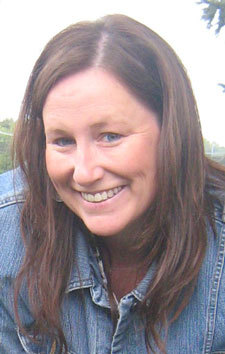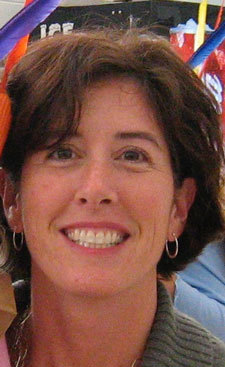
Jill Spellman
Computer Teacher K-8
HolyTrinity Interparochial School
Westfield,
NJ
“The Tuva web site is a fantastic resource for viewing and manipulating
data which I have recently used in my 3rd-8th grade computer classes
at Holy Trinity Interparochial School in Westfield, NJ.
Having
the ability to instantly move attributes to the x or y axis, to
change chart types, and to effortlessly apply functions like sums and
percentages, provides the student with powerful tools to personalize
and visualize a data set which could otherwise present itself as dull
statistical information.
For
example, students were fascinated to be able to click on a dot in a
plot and learn about an individual passenger who had been onboard the
Titanic. Once they caught on to how to manipulate the attributes, I
heard comments like, “Oh look, this is so sad – here’s a four
month old baby boy named Gilbert who did not survive”. Others
looked through the data in a table format to see if they could find a
passenger who shared their last name.
Younger
classes did an activity with dog breeds. A student informed me that
she really wanted to get a dog and she asked me for a pencil and a
sticky note so she could report to her parents which breeds were
“good with children”. The eighth graders had recently read the
Diary of Anne Frank, so I thought it was appropriate to have them do
an activity relating to the Holocaust. To see the numbers of
deaths in European countries in a graphical format was a poignant way
for the students to understand the magnitude of devastation.
The Tuva
website provides an engaging way for students to learn how to
extract useful information from data and to help them form arguments
and draw conclusions.”



